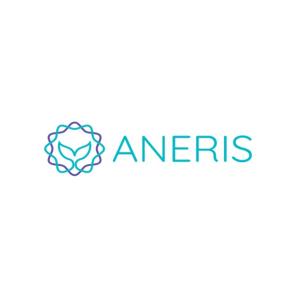 \
&
Contact us
\
&
Contact us
 \
&
Contact us
\
&
Contact us
Published on | 9 months ago
ProgrammesThe Clean Industrial Deal is described as "a bold business plan to support the competitiveness and resilience of our industry." It aims to boost production in green industries, with special focus on energy-intensive industries - vital for European material production and decarbonization goals.
The Deal presents measures to boost every stage of production, with a focus on energy-intensive industries (steel, metals, and chemicals, ...) and the clean tech sector. Another element of the Deal is circularity.
More specically, the Deal will be about:
The Clean Industrial Deal is strategically underpinned by Horizon Europe. Notably, the 2025 Work Programmes for Clusters 4 (Digital, Industry and Space), Cluster 5 (Climate, Energy and Mobility) and Cluster 6 (Food, Bioeconomy, Natural Resources, Agriculture & Environment) feature targeted call topics aligned with the Deal’s objectives.
A flagship joint call in the 2026–2027 Work Programme further strengthens this alignment, introducing two non-prescriptive topics (on clean tech and on clean industrial manufacturing) designed to foster cross-sector collaboration.
The initiative adopts an industry-led, bottom-up approach focused on value chain integration and deployment readiness. A key priority is the creation of synergies with existing innovation efforts to reinforce industrial ecosystems and accelerate time-to-market for critical technologies. Emphasis is placed on advancing high-impact decarbonization solutions from Technology Readiness Levels (TRL) 7 to 9, thereby building a robust pipeline of market-ready, industry-driven projects.
We offer news and event updates, covering all domains and topics of Horizon Europe, Digital Europe & EDF (and occasionally, for ongoing projects, Horizon 2020).
Stay informed about what matters to you.
By signing up, you can opt in for e-mail notifications and get access to
a personalised dashboard that groups all news updates and event announcements in your domain(s).
Only for stakeholders located in Flanders
AI Continent Deployment: Best use of technologies
The LDT4SSC (Local Digital Twins for Smart and Sustainable Communities) project has opened a new cascade funding call to local network of cities, regions, and digital innovators. This call supports co-funding for three Work Strands with a minimum available budget of 10.8 Million euros: - Work strand 1 - interconnecting existing LDTs: At least... read more

Funded under Horizon Europe (HORIZON-INFRA-2022-TECH-01) and running from 2023 to 2026, the ANERIS project aims to tackle the rapid loss of ocean biodiversity. The project’s main objective is to develop, test and implement the next generation of scientific instrumentation tools and methods for sensing and monitoring marine-life. Another key concept of the project is the introduction of the concept of Operational Marine Biology (OMB) as a biodiversity information system. The project consortium consists of 25 partners from 13 countries. Read more about the project and the contribution of Flemish partner VLIZ in this testimonial.